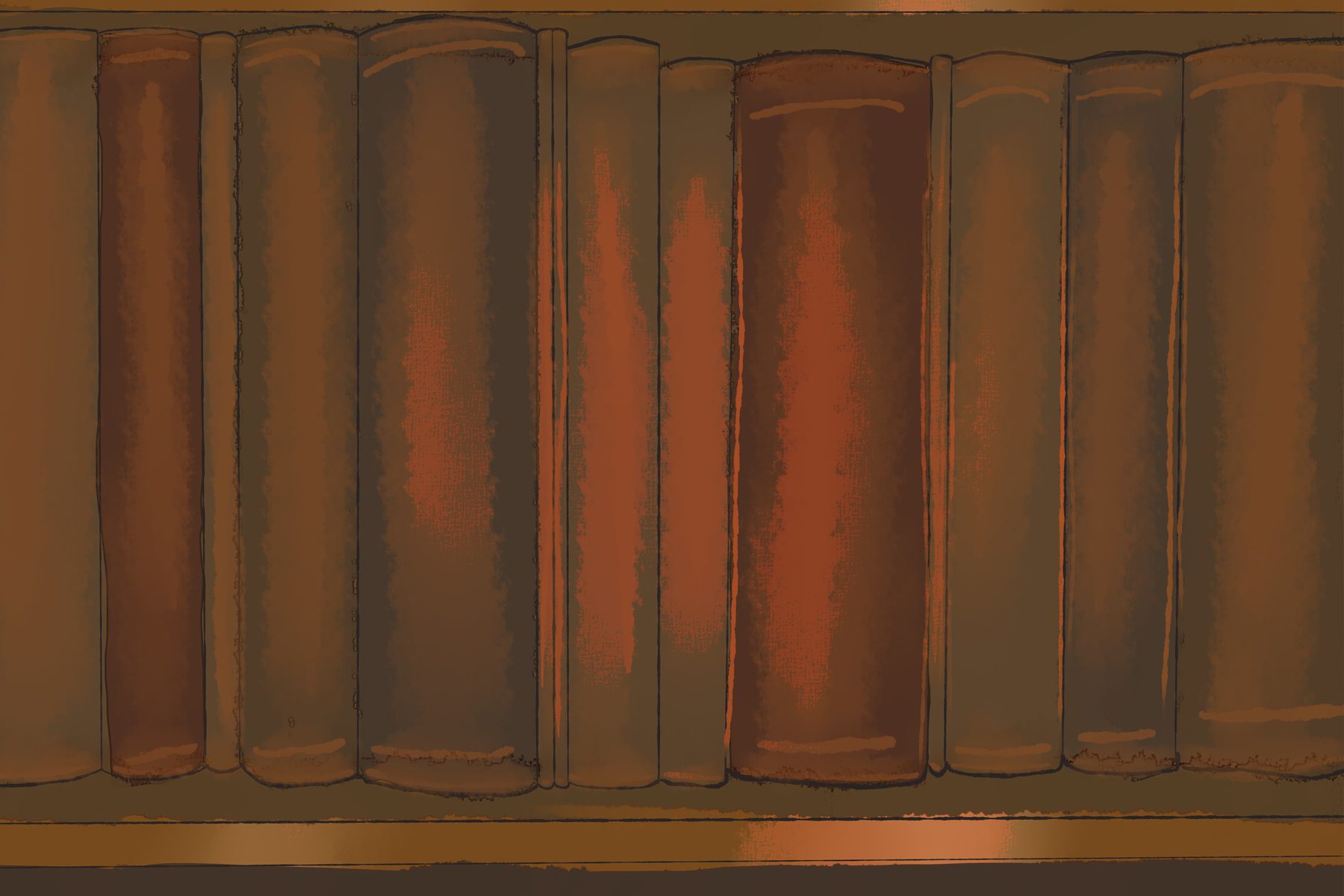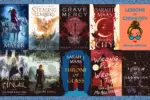Each used bookstore provides an adventure. Long sitting stenches compounded with the dizzying eye work necessary to swiftly navigate the stacks tend to be the norm. Outings to bookstores take you deep into abandoned strip malls and forgotten storage holds. Worthwhile materials will wait at the very bottom of a bulky stack of unpacked boxes. Searching through your local used bookstores, you’ll find yourself adapting to each location’s new set of eccentricities. Visiting at least one is a worthwhile experience.
My interest in seeking out used bookstores started when I visited my two local stores on a bored summer whim. The book selection at the two stores had me almost buzzing with excitement, so the compulsion to seek out more was immediate rather than gradual. The breadth of my searching zone expanded along the way, and planning out how to hit the largest number of spots in a single trip became just as fun as the actual experience at the used bookstores. I went to my first bookstore with no idea of what could be out there, but knowing the possibilities might’ve had me driving around much earlier. My desire to find rare books has grown into a wider appreciation for the many facets of my used bookstore fascination.
Used Bookstores Are Different
It might seem obvious to point out how used bookstores are different from large book chains, but the differences are so seismic they need to be addressed. The best used bookstores are the passion projects of their owners; they’re open repositories for those willing to discover and claim the unwanted.
If you’re picking up a book that’s been out more than a couple years, give yourself the gift of checking out a local used bookstore. I always find them thought provoking and inspiring #bookshop pic.twitter.com/mwTnXatOyz
— Zach of @RolledTable Podcast (@MftZach) November 16, 2019
Frequently bucking the strictly profit-focused rules of chain stores, used bookstores each have their own loose set of rules. Rules and prices mostly give way to an employee or owner’s convenience or whims. I received deals on books while talking about advancements in mollusk research or speaking small bits of Japanese — something you’ll be hard-pressed to experience at a Barnes & Noble.
This isn’t to say that talking with used bookstore employees is solely a prerequisite for free books. Used bookstores don’t have the looming presence of a brand or chain of management, and their relatively lawless environment lends itself to natural conversation. Talking with the owners of these establishments, I can see that many used bookstores exist to fill in a perceived absence in the owners’ communities. Seeking out the stores can be a mission in itself, so at least hear out what they have to say.
Used Books Will Take You Somewhere New
I drove across three states looking for bookstores, and the trips are often as rewarding as the destination itself. It gave me a new perspective on the different terrains that make up the states I’ve visited and called home. The ride up to a bookstore is an exciting roll of the dice, and success can make returning home feel especially triumphant. Collaborating on road trip activities helped build excitement for what should’ve been the dullest part of the hobby. Cities I’ve never heard of and probably would’ve never visited become attractions of their own, and repeated trips accumulate their own personal landmarks.
Used Books Are Wabi-Sabi
Wabi-sabi is a Japanese term that means a searching for and admiring the beauty inherent in natural imperfection. In Richard Powell’s book “Wabi-Sabi Simple,” the quality of wabi-sabi is narrowed down to three basic tenets: “nothing lasts, nothing is finished, and nothing is perfect.” Cracked, curled and faded — the spines of used books hiss at the aesthetics of a uniform shelf. The garish colors and fonts fight for attention, and different decade’s aesthetics clash amongst the rows of paperbacks. Every book has its own irreproducible elements; each bit of damage is part of an endless number of different reading styles or production methods. The differences in height and aesthetics among the books establish a true sense of publishing’s changing standards.
Highlight of my day was going into a random used bookstore and find the exact book I was looking for.
— ℤ (@Thats_Just_Nick) November 17, 2019
Used Bookstores Will Change How You Look After Your Books
Books gave me a severe sinus infection — but it’s not their fault. If you’re willing to buy books from a place with a massive dripping hole in the ceiling and no working electricity, you’ll probably meet some form of fungal blowback. I’m unwilling to let a broken spine or worrying stain keep me away from a rare discovery, so repairing worn, moldy books has become just another extension of the hobby. An interviewee in Agnès Varda’s documentary “The Gleaners and I” espouses the importance of taking in discarded objects: “What’s good about these objects is that they have a past, they’ve already had a life, and they’re still very much alive. All you have to do is give them a second chance.” Making a book feel less repulsive or fragile helps a book to truly begin its second life.
Used Books Provide Intimate Histories
Stains and smells aren’t the only reference to past human interaction; books are often interspersed with the writing of a former owner. Love notes between shared readers are just as common as cautionary reviews for the next person unfortunate enough to pick up their donated material. Used books are often stamped by each used bookstore they meet, and you’ll often be able to piece together which books were donated by the same person. Picking up used novels connects you with a wider perspective; seemingly scarce novels will appear in mass quantities in different states and counties. Rather than providing a concrete historical takeaway, the books’ left-behind traces will encourage you to piece together your own interpretations of ostensible coincidence and off-hand markings.
Used Bookstores Have Stuff You Won’t Find Anywhere Else
Go ahead and judge a book by its cover; catching a glimpse of something too bizarre to pass up is usually the start of any good rabbit hole. Having certain titles in mind before arriving at a used bookstore is common, but it can be more fun to uncover something forgotten. There’s a chance that something uncatalogued or unavailable on the internet is some secret treasure, so why wait for someone else discover it?
The Best Used Bookstores Are Messy
Finding a good used store is a matter of understanding what environments will be likely to have the books you’re looking to find. My interest in the genre of 1970s fiction means I’m going to have the most luck with places that look unorganized and favor quantity over quality. Although online images can give a pretty good impression of the stores’ actual inventory, the quality of a store is never assured. Making a two-hour trip for a subpar bookstore can be discouraging, but the high of finding a gem at the end of a long journey is more than worth any potential disappointment.
https://www.instagram.com/p/B4rhHJ6IIFR/
Everything here is just a part of my current used bookstore understanding and experience, which is something that changes with every new trip. The beauty of used bookstores lies in the way they offer different things to each person. Sure, there’s books from different genres and different eras to explore, but the pleasure of seeing books take up the entirety of a massive space is something else entirely. The used bookstores are out there; it’s just a matter of seeing what they have to offer you.
















